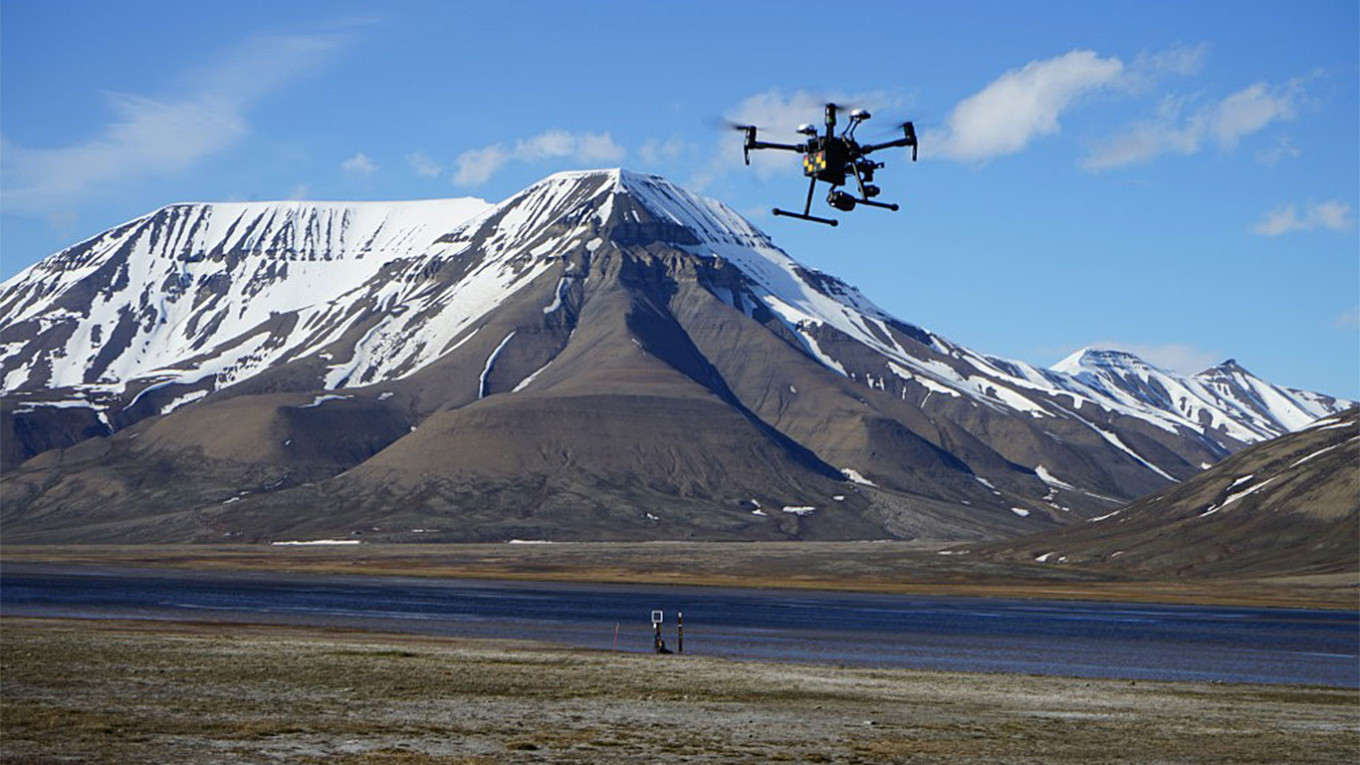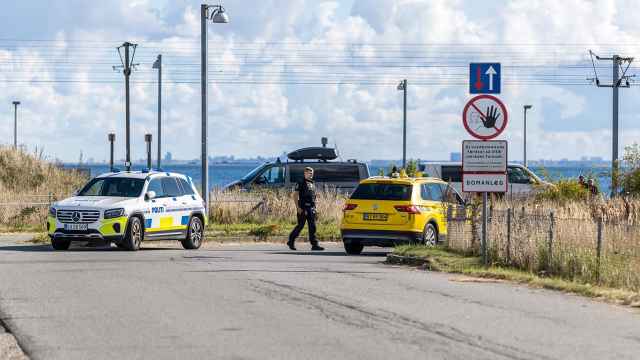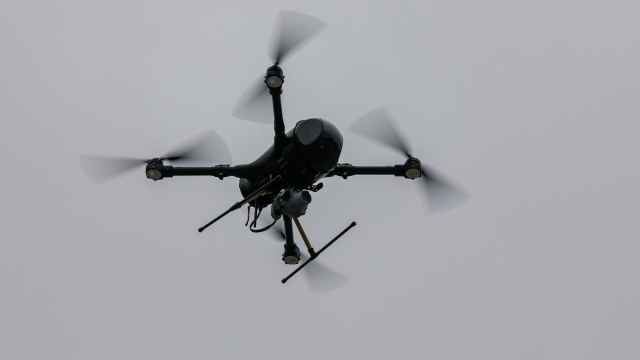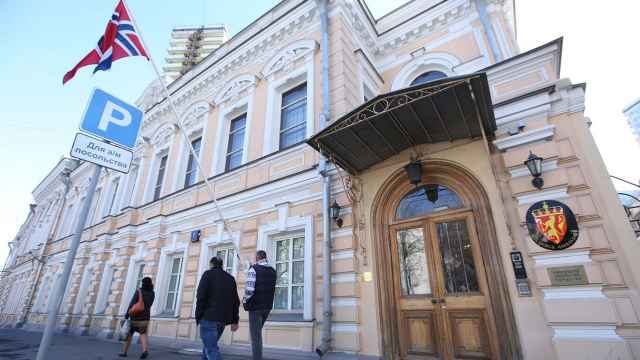A judge in Norway on Tuesday ordered the son of one of Russian President Vladimir Putin’s closest allies to be placed in custody for two weeks following a request from the country's police.
Andrei Yakunin, 47, is the son of former Russian Railways chief Vladimir Yakunin, a close confidante of the Russian president. He was arrested while allegedly flying a drone illegally on the Svalbard archipelago.
"The man has Russian and British citizenship and is charged with violating the Sanction Act §4 for flying a drone in Norwegian territory at Svalbard," Police Prosecutor Anja Mikkelsen Indbjør told The Barents Observer.
"The police arrested the man on Oct. 17 in Hammerfest and have seized drones and electronic devices that now are being analyzed," she said.
"The content [recordings] from the drone is of great importance for the case," the police prosecutor added.
In court, the accused noted that he should be regarded as a British citizen and that his home address is in Italy. The suspect had been on a yacht that sailed around Svalbard and along the coast of Norway for a period of several months this summer.
Police investigators found the suspect's Russian passport on board.
"He admitted flying a drone, but had no reason to believe this was illegal. He is a British citizen," his lawyer Jens Bernhard Herstad said, adding that the court order would be appealed.
The 47-year-old man is the son of a well-known Russian businessman known to be a close Putin associate and who was placed on the U.S. State Department’s sanctions list in the wake of the annexation of Crimea in 2014.
The suspect himself made headlines earlier this year when he publicly condemned the Russian invasion of Ukraine, adding that he had never voted for Putin.
The man was arrested in Hammerfest, home to Europe’s northernmost liquid natural gas processing plant.
The arrest comes only days after six other Russian citizens were arrested in Norway on similar grounds.
Norway has recently introduced heightened security and preparedness around objects of key strategic importance. Several coast guard vessels are now guarding the waters around offshore energy installations and the country's Home Guard has mobilized forces on land.
A Message from The Moscow Times:
Dear readers,
We are facing unprecedented challenges. Russia's Prosecutor General's Office has designated The Moscow Times as an "undesirable" organization, criminalizing our work and putting our staff at risk of prosecution. This follows our earlier unjust labeling as a "foreign agent."
These actions are direct attempts to silence independent journalism in Russia. The authorities claim our work "discredits the decisions of the Russian leadership." We see things differently: we strive to provide accurate, unbiased reporting on Russia.
We, the journalists of The Moscow Times, refuse to be silenced. But to continue our work, we need your help.
Your support, no matter how small, makes a world of difference. If you can, please support us monthly starting from just $2. It's quick to set up, and every contribution makes a significant impact.
By supporting The Moscow Times, you're defending open, independent journalism in the face of repression. Thank you for standing with us.
Remind me later.






